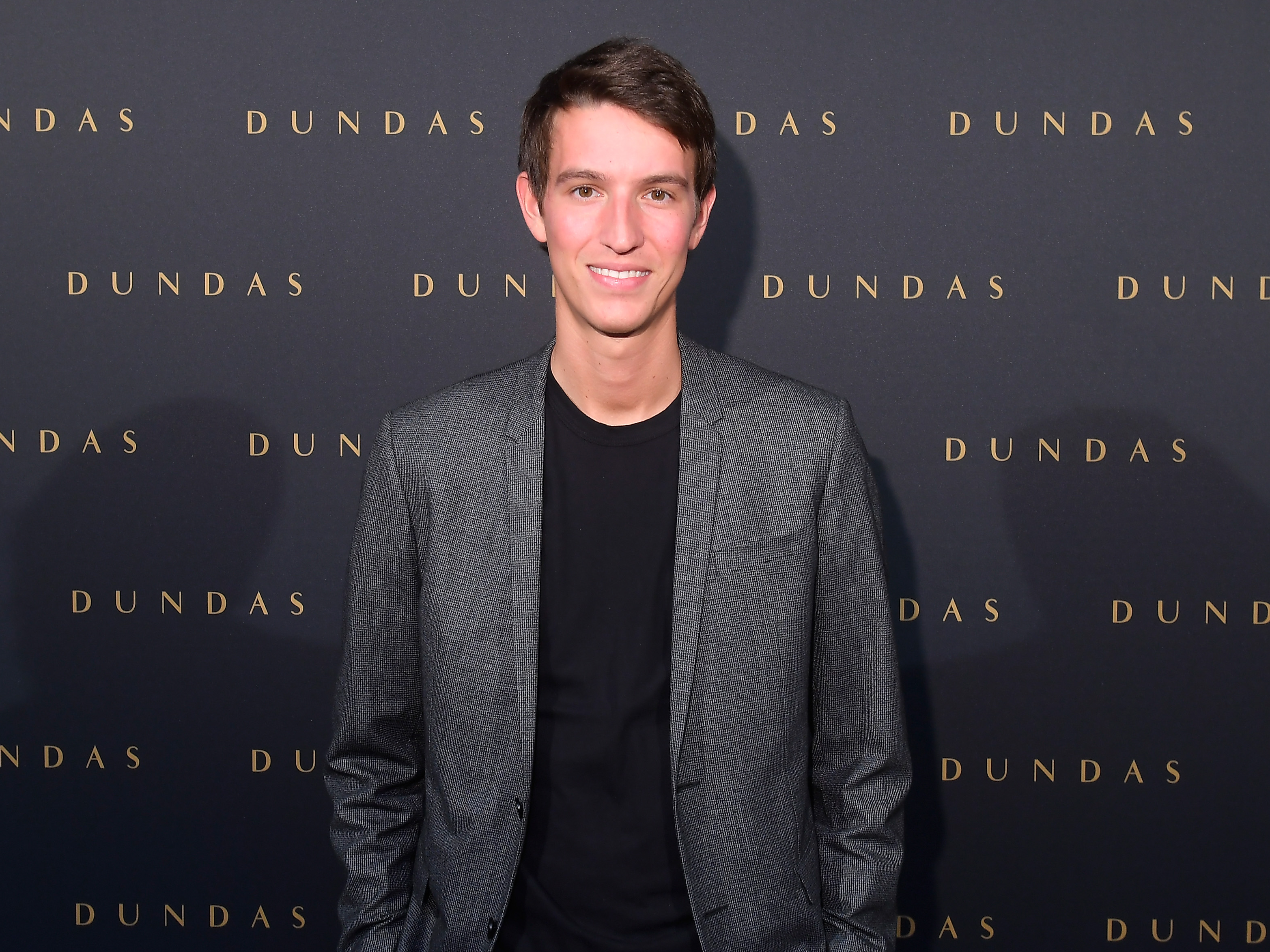- Alexandre Arnault, CEO of high-end luggage company Rimowa and son of billionaire LVMH CEO Bernard Arnault, is reluctant to use the word “luxury” when defining his brand, Women’s Wear Daily’s Sindhu Sundar reported.
- His sentiments echo those expressed by other industry leaders, such as Tiffany CEO Alessandro Bogliolo and Montblanc Creative Director Zaim Kamal, who feel the term “luxury” has evolved over the years.
- Kamal previously told Business Insider that it’s now up to consumers to define what luxury means, and to find fashion houses that align with their personal values.
- Visit Business Insider’s homepage for more stories.
Saying the word “luxury” is now a faux pas – at least according to some in the industry.
Alexandre Arnault, the 27-year-old CEO of high-end luggage company Rimowa and son of billionaire LVMH CEO Bernard Arnault, said at a Goldman Sachs event that he’s reluctant to use the word “luxury” to describe his brand. In the younger Arnault’s view, the word luxury is “too linked to price” and the luxury sector has more to do with “quality” than it does with “price.”
“When you think luxury, you think stores where you’re going to have things you can’t afford, and you’re going to be scared to go inside and everything, and, to me, when you buy a Vuitton bag for $4,000, it’s a lot of money, it’s a luxury product,” he said at the event, as reported by Women’s Wear Daily’s Sindhu Sundar.
“Those products, whether it’s a $40 bottle of champagne, the $1,000 Rimowa suitcase, or the million-dollar Tiffany necklace or whatever, are made with the same level of craftsmanship, of quality, of all the things that make those products desirable,” he continued. “And I don’t think price should really come into the equation.”
Bernard Arnault and his family, per Forbes' latest estimate, are worth about $102.4 billion.
I can't believe it's not luxury
The younger Arnault has been CEO of the luggage company Rimowa since LVMH acquired the brand in 2016. Since then, Arnault has been credited with boosting the brand's revenues. As WWD reported, when LVMH bought Rimowa, the brand was only making about $485 million in sales. Arnault said at the Goldman Sachs event that as of 2019, Rimowa had since surpassed that number.

Part of the younger Arnuault's takeover involved rebranding the luggage company to be more desirable to younger audiences - specifically millennials like himself.
Earlier this year, Rimowa partnered with Dior to release luggage collection, with pieces ranging in price from $2,440 to $4,620. Last year, the brand also had a collaboration with Supreme and Off-White. As reported by Sundar, Rimowa has been aiming to sell more than just luggage, as it competes to become one of the top travel brands in the world.

"Little by little, you'll see [Rimowa] kind of come out with new products in the travel sphere that are both true to our brand, and true to our promise of functional desirability," Arnault said at the Goldman Sachs event.
But according to Arnault, it's not the high-end collabs or even the thousand-dollar price point which should earn Rimowa the prestige it's been garnering; rather, it's the quality of the brand - suitcases made with anodized aluminium alloy and hand-made leather handles. Pieces in the latest Dior x Rimowa collection are made with grained calfskin.
Arnault is not the only industry executive who's hesitant to use the word "luxury." As previously reported by Business Insider's Katie Warren, before it was publicly announced that Tiffany would be acquired by LVMH, Tiffany CEO Alessandro Bogliolo also said he didn't like the term and that he tries to "avoid it."
"I like to define Tiffany as a legendary brand because it's a brand that really has become a legend," Bogliolo said.
This echoes sentiments shared by Fauchon Hospitality CEO Jacques-Olivier Chauvin; Chauvin has said that "If you define yourself as luxury, you're not luxury." In fact, while Chauvin worked at Louis Vuitton as a sales manager in the 1990s, he said the word was banned.

"Sales people were not allowed to use that word," he told the travel publication Skift. "We wanted them to focus on creativity, legacy, quality."
In an interview with Business Insider, Montblanc Creative Director Zaim Kamal said high-end brands can no longer define what the word luxury means for the consumer - it's up to the consumer to do that themselves.
"People are redefining their own sense of luxury, and everybody's sense of luxury is different," Kamal told Business Insider. "I think this is the biggest change in luxury today - that it's not a few maisons dictating to the general public, saying 'this is what luxury is.' Nowadays, you're immersed in it, and you kind of pick and choose what you want to make it luxury."
As the term luxury evolves for the modern era, it would make sense for creative directors to slowly back away and attempt to adhere to the word's new definition. It also makes sense that the term should pay homage to the craftsmanship that goes into high-end products, rather than its pricepoint. After all, anybody can put a price tag on a banana and sell it for $120,000.

